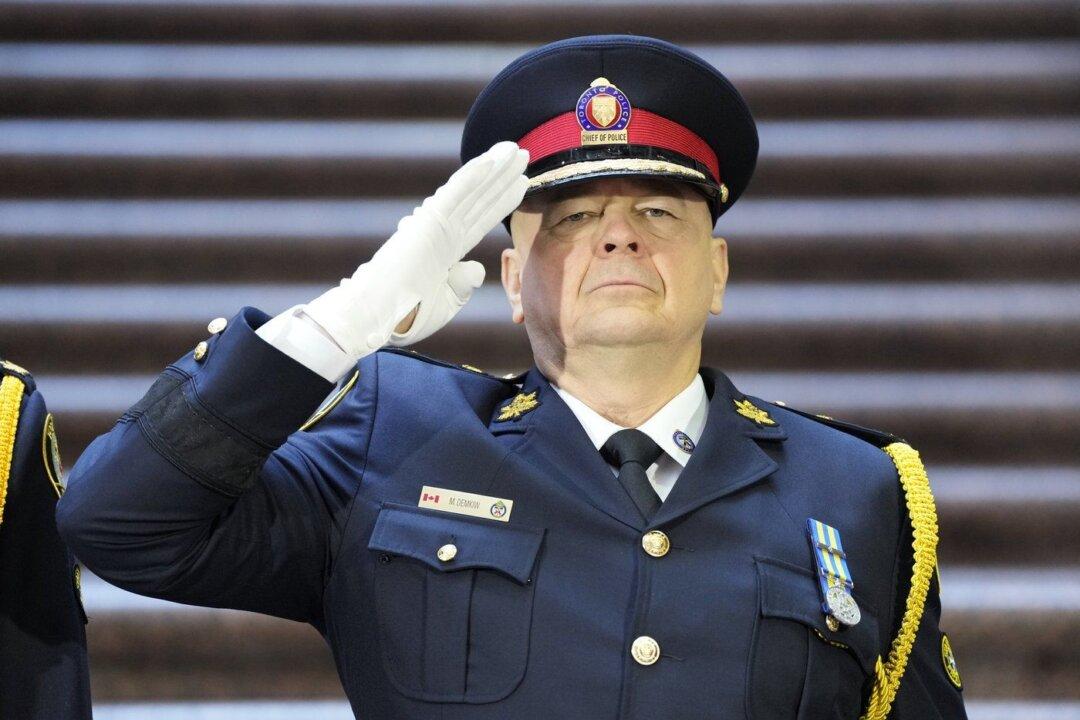Toronto’s police chief is calling on the Ontario Provincial Police to conduct an independent review after the judge in the murder trial of Umar Zameer expressed concern about the validity of officer testimony.
Ontario Superior Court Justice Anne Molloy told jurors prior to deliberation last week that the police officers’ testimony against Mr. Zameer didn’t match the physical evidence in the case and advised them to consider the possibility of police collusion.





